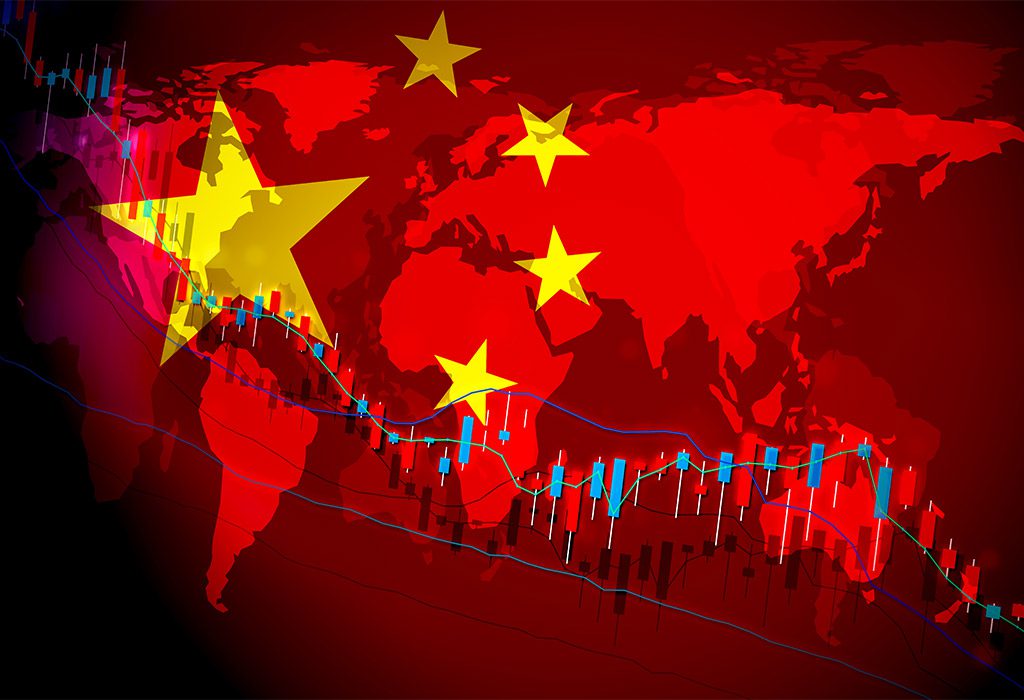
IESE Insight
A change of era: boards of directors can’t afford to be complacent about today’s geopolitical threats
Are you ready to break dependency on China? New times call for new strategies, and corporate boards must be able to deliver.
By Jordi Canals
Due to the trade conflict that has grown between the U.S. and China since 2016, many U.S. and European companies have started to shift away from China as a key sourcing country and build alternative, more diverse global supply chains. This is a painful process led not by economics and business interests, but by the reality of conflicting governmental policies. It is also a very complex process for many companies. It is particularly difficult for firms such as Apple, BASF, TSMC and Volkswagen, for whom China has become the key market in terms of either sourcing or sales, or both.
New industrial policies launched by the U.S. government in 2022 — particularly the CHIPS and Science Act and the Inflation Reduction Act — seek to reduce U.S. companies’ dependence on China and position the U.S. as the natural location for manufacturing and R&D. Huge incentives offered by the U.S. government to domestic companies have sparked a reaction in the EU, with the European Commission planning to offer similarly lavish incentives to European companies.
China’s new industrial policy has triggered a clash of industrial approaches. The invasion of Ukraine and the energy crisis have exacerbated the situation. Although the accumulated experience of industrial policy calls for a healthy skepticism of the potential effect of these policies on companies, jobs and investment, these events certainly create important distortions in international trade and define a clear and significant step toward deglobalization and a more fragmented world. The outcome for companies, large and small, will be that the international context will become more uncertain over the next few years, and firms can no longer count on international expansion to increase sales or reduce costs.
These developments put additional pressure on boards of directors. They are responsible for companies’ long-term orientation and value creation. Geopolitics has joined the list of major disruptions affecting companies and their business models, along with technology, climate change and social activism, among others. Suddenly, the assumption of relative stability in international relations and global interactions, based on free trade, comparative advantage and global economic integration, has been erased — for the time being anyway.
Corporate boards should not think of this as just one more change. This is not only an era of change — it is the change of an era. In this context, boards should carry out the important and urgent task of helping CEOs and senior managers to integrate geopolitics into their strategic analyses and business models.
Some international companies have made geopolitics an important pillar of strategic discussions. There are a number of steps that boards can follow:
- The first step is to identify and review all the geopolitical risks that have or may have a potential impact on the firm’s strategy, business model, balance sheet, P&L and global value chain. A solid understanding of the major friction points and vulnerabilities is indispensable to deal successfully with such risks.
- Second, an understanding of the historical dynamics of each relevant risk in other industries and countries is key. By thinking outside the box, board directors can better understand the potential impact of a single risk from different perspectives when operating in different contexts.
- The third step is to classify the major risks in terms of likelihood and potential impact on the firm, including financial and non-financial impact such as the reputational impact of a risk hitting the company. Not all risks are equal: assessing these is key for developing the capability to deal with them.
- Fourth, companies should define a set of policies and actions to hedge, avoid or mitigate the risk’s impact. Boards can help management teams develop contingency plans aimed at addressing a crisis that disrupts initial planning — scenario planning can be useful here.
- Finally, boards should make sure that the firm’s strategy and business model are sufficiently solid to confront potential geopolitical crises. They should adopt the necessary policies to help make the firm’s strategy resilient.
Boards in firms under important regulatory frameworks should make sure that they share insights and perspectives on geopolitical risks with governments, particularly of the firm’s country of origin. This is not about lobbying or regulator capture. In this new world in which national politics trumps economics, boards of directors should clearly understand their own governments and interact with them in order to deepen their analysis of major international events.
In a nutshell, boards of directors should develop the ability to better understand major political and economic international developments, help develop scenarios at the company level that adapt to new situations, and foster a new mindset among board members and senior executives. Board members and executives should make sure that they see the world as it is, not as it was yesterday or as they would like to see it. Geopolitics has become an even bigger disruption today than technology for many companies. Boards should effectively understand this new international context and help their management teams develop a mindset to lead their companies in this new world, so that they can create economic and social value. In this way, they can help their companies create and share prosperity in this time of uncertainty and provide useful bridges for international cooperation.
READ ALSO:
Boards of directors: 5 pillars to withstand turbulent times
All about cooperation, collaboration and partnerships
A version of this article was first distributed to subscribers of the newsletter of the Center for Corporate Governance. To subscribe to the newsletter, click here.

